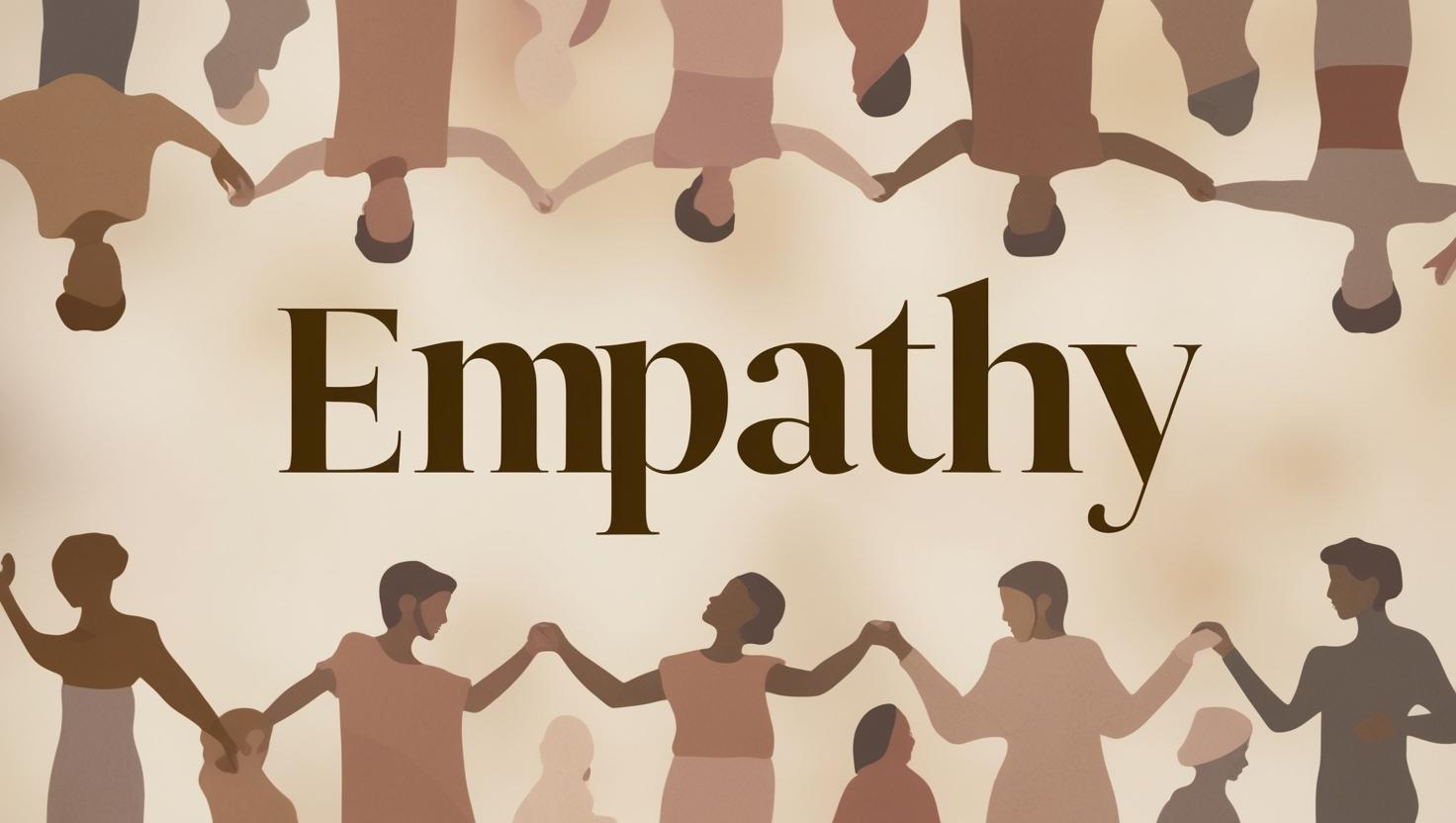🎭🚑 Performing Arts and Medical Training: A Creative Approach to Patient-Centered Care
During my time of deep introspection, learning who I have been called and cultivated to be, I had the daunting task of examining my total skillset. How did I go about this? I made myself my student, my client, with a clear objective. I sought to investigate how improvisation, dramatic monologues, and other performing arts techniques can cultivate patient-centered care by teaching medical students to be more emotionally aware and responsive.
Here is what I learned and experienced in real time.
Medical education is traditionally rooted in science, anatomy, and pathology. However, to provide truly holistic, patient-centered care, medical students must also learn to connect emotionally with patients. This is where performing arts techniques can make a significant impact. Techniques such as improvisation, dramatic monologues, and role-playing can teach medical students to engage with patients as cases to be solved and as people with emotional and psychological needs. This article explores how performing arts can help cultivate patient-centered care by enhancing future healthcare providers’ emotional awareness and responsiveness.
📚 How Performing Arts Techniques Enhance Medical Training Performing arts techniques are uniquely suited to help medical students develop the empathy and emotional intelligence needed to excel in patient-centered care. Role-playing exercises, for example, allow students to practice being in the shoes of both the patient and the healthcare provider. This experiential learning method helps students understand the emotional nuances of doctor-patient interactions, which are often difficult to grasp from textbooks alone.
Improvisation is another powerful tool that promotes adaptability, emotional awareness, and creativity. In a medical setting, situations can change rapidly, and thinking on your feet is crucial. Improvisation teaches medical students how to react to unexpected scenarios with emotional intelligence, enabling them to remain calm and responsive when faced with emotional or high-stress situations.
🫂Building Empathy Through Storytelling Storytelling, a key performing arts component, is also invaluable in medical training. Medical students can practice conveying medical information in emotionally sensitive, patient-friendly, and engaging ways. Storytelling exercises encourage students to articulate complex medical concepts in a manner that resonates with patients’ emotional experiences, helping them connect with patients on a deeper level. Moreover, storytelling fosters self-reflection, allowing students to explore their emotional responses to patient care. Storytelling can help them better understand their emotional triggers and biases, ultimately leading to more compassionate care.
🏥 The Impact on Patient-Centered Care At its core, patient-centered care focuses on treating the whole person, not just their illness. Performing arts techniques helps medical students cultivate the skills necessary to provide emotionally attuned care, culturally sensitive, and tailored to the individual. By learning to read non-verbal cues, listen actively, and adapt their communication styles, students can engage with patients to foster trust, reduce anxiety, and improve health outcomes.
Studies have shown that medical students who participate in performing arts-based activities demonstrate stronger empathy and better communication skills. A Stanford School of Medicine study found that students who engaged in theater-based exercises showed improved ability to understand patients’ emotional states and provide more personalized care. These students were also more likely to report feeling confident in handling emotionally charged or difficult situations.
Studies and initiatives support the integration of performing arts into medical education, showing that such programs improve emotional intelligence, empathy, and communication, which are critical components of patient-centered care. In addition to the medical schools I am associated with, Stanford School of Medicine has an established history of integrating performing arts into its medical curriculum. Their “Medicine and the Muse” program is designed to help medical students develop empathy, improve communication, and enhance emotional intelligence. This program includes role-playing, improvisation, and other performing arts techniques to teach students how to navigate the emotional dynamics of patient care.
The Association for Theatre in Higher Education (ATHE) strongly supports role-playing and improvisation and its ability to help medical students better understand patient emotions, develop self-awareness, and improve overall communication with patients.
Research has shown that engaging in arts-based activities like drama and improvisation can significantly improve medical students’ empathy. For instance, a study “The Effectiveness of Arts-Based Interventions in Medical Education: a Literature Review” published in Medical Education demonstrated that medical students who participated in drama-based activities reported increased empathy, improved communication skills, and better handling of emotionally difficult clinical situations.
🎯 It’s official. Who knew the intersectionality of performing arts and medicine? I didn’t until I did, and now I am telling the world. Integrating performing arts techniques into medical training offers a creative and practical approach to developing the emotional intelligence and communication skills essential for patient-centered care. By learning to connect with patients emotionally, medical students are better equipped to provide compassionate, holistic care that addresses both the patients’ physical and psychological needs. As healthcare continues to prioritize patient-centered care, incorporating performing arts into medical education is an invaluable investment in the future of medicine.
Let us normalize patient-centered care across the globe.
#Leadership #Education #MedEd #Business #Theater
SOURCE: Medical Education Journal – The Effectiveness of Arts-Based Interventions in Medical Education: a Literature Review



Leave a Reply
You must be logged in to post a comment.